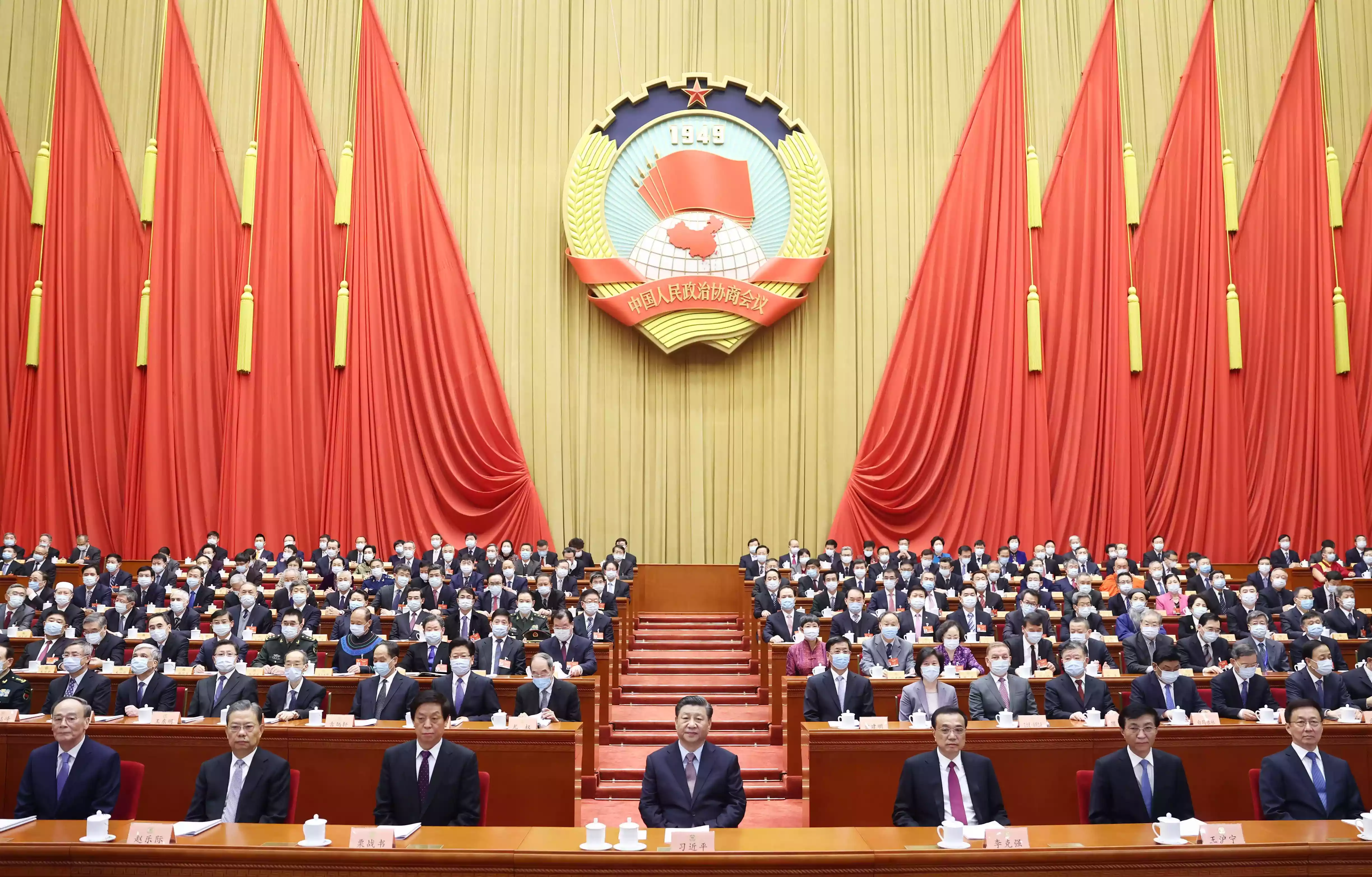
In the cacophony of voices that permeate the global media landscape, the focus on communist China ranges from significant issues like the property sector woes, military intimidation of Taiwan and the Philippines, and human rights violations to lighter topics such as the Chinese New Year and cuisine
. However, a particularly unsettling category emerges – one that offers seemingly sincere advice to the Chinese Communist Party (CCP) on addressing its self-made problems.
This advice, reminiscent of the days of Soviet Russia, raises concerns about the naivety and sympathy displayed by certain foreign intellectuals, diplomats, and media figures.
The term “fellow traveler” finds relevance here, describing individuals who sympathize with and further the ideals of an organized group, like the CCP, without formal membership or regular participation.
This pejorative gained prominence during the Cold War, with naive and sympathetic figures flocking to Soviet Russia, turning a blind eye to the atrocities committed by Joseph Stalin’s regime.
One such example of a fellow traveler was New York Times reporter Walter Duranty, who won a Pulitzer Prize in 1932 while defending Stalin’s brutal “collectivization” of Ukraine. Duranty shamefully downplayed the famine that resulted from these policies, allowing an estimated 3.9 million Ukrainians to perish.
His use of communist-approved language and justification of Stalin’s actions remains a stain on journalistic integrity, yet his Pulitzer Prize remains unrevoked by The New York Times.
Fast forward to 2024, and we find ourselves witnessing a modern-day version of fellow travelers. While it might be expected from CCP-influenced media outlets like the South China Morning Post, the surprise comes when a prestigious pro-capitalist publication like the Financial Times offers advice to the CCP on navigating the ongoing disaster in China’s property sector.
- ‘Official’ Twitter tag for some users appears, then vanishes
- TikTok used for disinformation campaign in Taiwan
- China pushes its hegemonic proposals on international stage
- The tragedy of Women in Xi Jinping’s China
Keep Reading
The property market is in a prolonged slump, with new home sales dropping 6% in 2023 and residential property development falling a staggering 58% from 2019 to 2023, leading to $125 billion in bond defaults among Chinese real estate firms.
The FT’s advice, couched in classic capitalist terms, suggests injecting transparency into the market by trading bad assets to establish a “floor” for their values. While this may sound like prudent economic counsel, the question arises: Is this advice altruistic or self-serving, aimed at preserving foreign investments in China at the expense of the average Chinese citizen?
The CCP, under Xi Jinping’s leadership, has been tightening controls on businesses and individuals using the national security law, continuing a trend of persecution that dates back to the party’s seizure of power in 1949. The CCP cares nothing for its citizens, it only cares about its agenda of world domination.
This parallels the brutality of the Great Chinese Famine from 1958 to 1961, a calamity resulting from Mao Zedong’s disastrous Great Leap Forward. The estimates of the death toll during this period range from 18 to 55 million, underscoring the horrific consequences of the CCP’s misguided policies.
Those in the West who championed the integration of communist China into the global economic system since 1980 find themselves akin to Walter Duranty, as the promised amelioration of the CCP’s behaviour towards its citizens has yet to materialize.
Massive foreign direct investment in China over the decades has not led to improved human rights conditions or a more open society. The first sentence of Human Rights Watch’s World Report 2023 on China succinctly declares, “Repression deepened across China in 2022.”
This is the stark reality of Xi Jinping’s regime, marked by the continuation of re-education camps in East Turkmenistan, characterized by various governments and international organizations as genocide against the Uyghurs and Kazakhs.
It is time for the world to reassess its relationship with the CCP and acknowledge the consequences of decades of engagement. The fellow travelers of today, much like their predecessors in the era of Soviet Russia, must confront the harsh truth that their support for the CCP has not yielded the promised benefits.
The economic prosperity touted as a result of engagement has come at the cost of the Chinese people’s basic rights and freedoms.
In conclusion, the international community must recognize the deceptive nature of the CCP’s regime and cease offering advice that inadvertently aids its oppressive agenda.
It is time to prioritize human rights, transparency, and accountability over economic interests and confront the uncomfortable truth that engagement has failed to bring about positive change. The world must stand united in condemning the CCP’s actions and demanding justice for the countless victims of its repressive policies.






